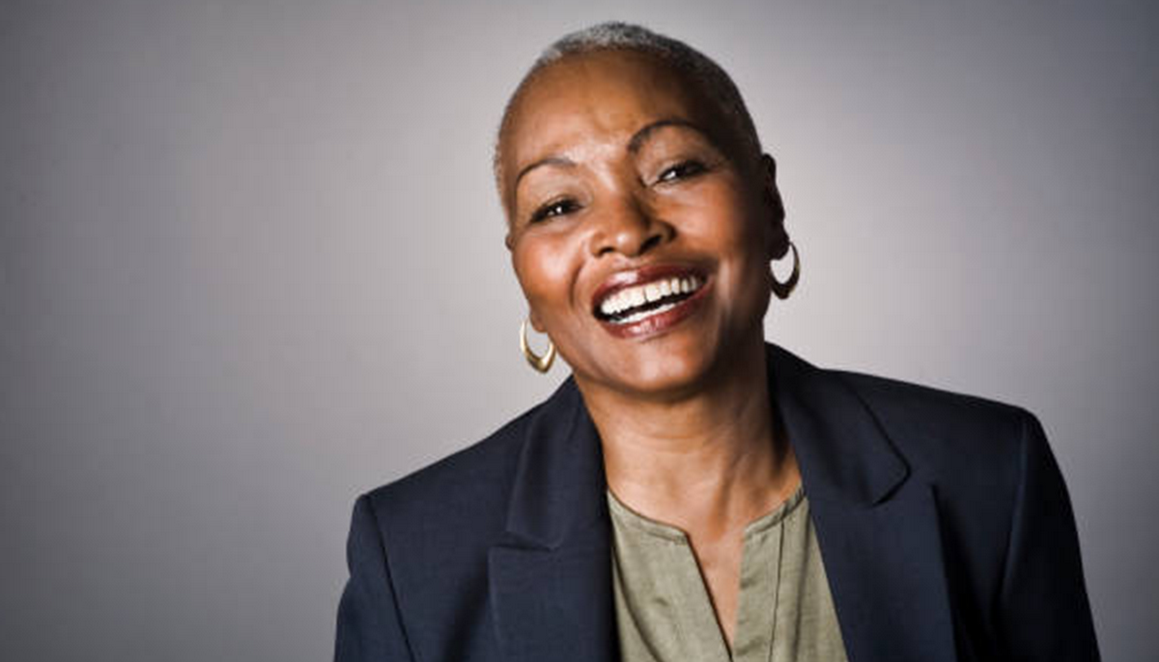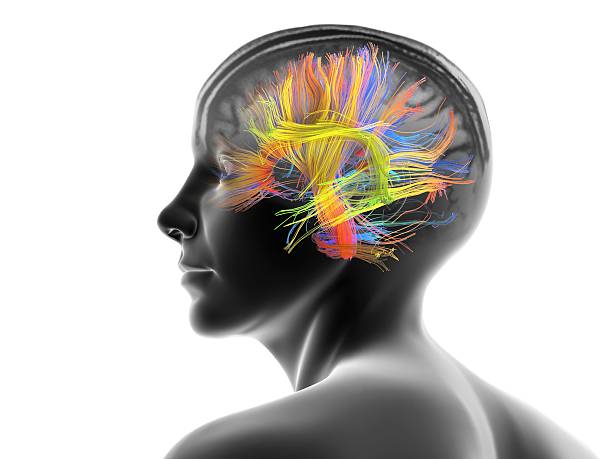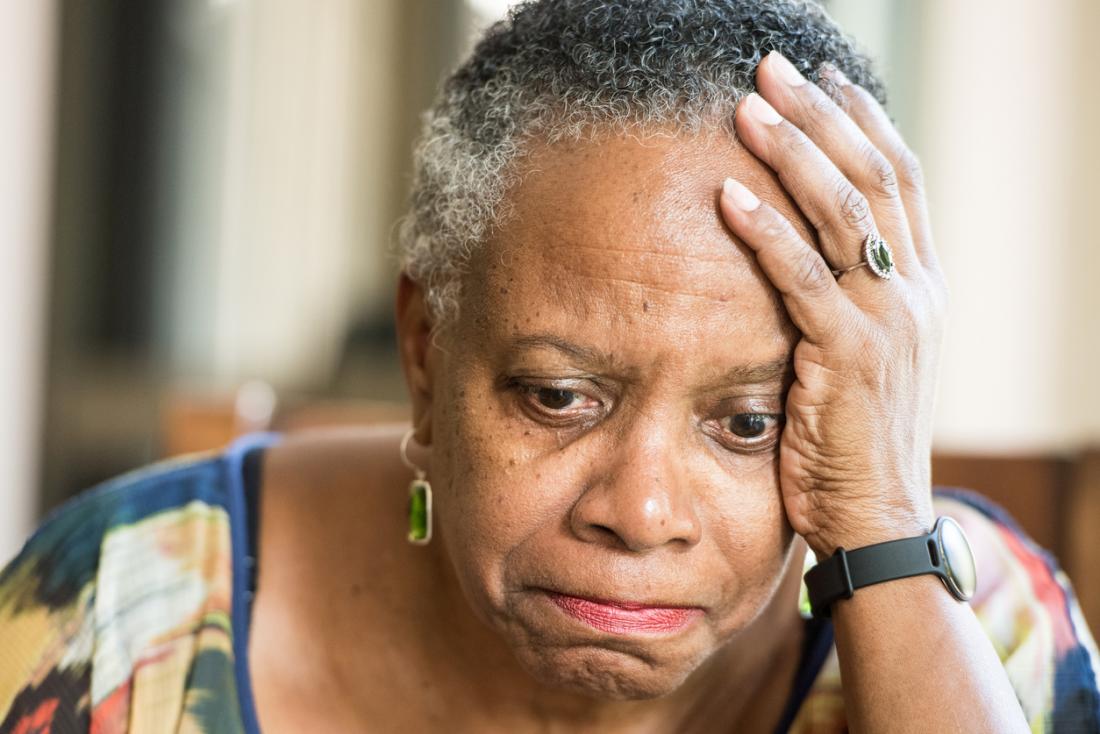 ATC
ATC

None of us loves the idea of getting older but age is no longer what it used to be. Life expectancy from birth used to be 48 years old for women in 1900. Today, that’s increased to over 80 with many people living healthy vibrant lives far beyond that.
We keep hearing stories of 101-year-old runners, 98-year-old yoga instructors and plenty of men and women who reinvent themselves, launch new careers and lead businesses well into their senior years. 60 is the new 50, 50 is the new 40, and so on.
Getting older doesn’t mean decline or despair. It’s a reason for celebration! There are plenty of ways we can age with grace, beauty and joy. We can experience more happiness, more success and get even better with age and experience.
Aging Gracefully- Exhibit 2
“In just a few days, I’ll be celebrating my 50th birthday, and I must admit, the number of candles on my birthday cake this year is a little daunting. Even so, I’m strangely excited for the next chapter in my life. I thought the big 5-0 would be a little depressing, but I’ve found that the older I get, the more comfortable I am in my own skin. After all, with age comes experience, wisdom, peace and a certain level of respect and expertise. In fact, when I hang out with my nieces and younger friends in their 20s, I often think there’s no way I would go back—ever!” - Martha Rivers
With the passage of time, we often gain perspective. We realize life is too short to sweat the small stuff. The times that truly matter are the joyful moments we spend with those we love.
Therefore, age gracefully by bringing more joy and happiness into your life. Let go of the complications, learn to set limits and care for your body. There’s no reason to despair over aging—you’re hitting your stride. Remember, the best is yet to come!
What Happens When You Age – A Scientist Debunks Popular Myths about Sex and Brain Power
People over the age of 65 make up a larger percentage of the global population than ever before. As this aging of society only really took off in the last century, it’s unsurprising that much of what we think we know about aging is untrue.
The “facts” about aging depicting people as becoming:
less capable
less vibrant
less flexible
less sexual
less fulfilled
But how many of these “facts” hold up to scrutiny? Let’s investigate five common beliefs
Libido and Sexual Activity Decrease
This is not true. Hormone levels change as we age, but this doesn’t necessarily decrease libido. Indeed, for women, libido often increases after the menopause.
Older people’s libido may be lowered by chronic illness (such as diabetes and heart disease), drug side effects (antihypertensive drugs, for example) and marital unhappiness and boredom. So a decrease in sexual desire in old age is often due to events and circumstances, not to physical changes that come with age.
Having a sexual partner, however, is the strongest factor for determining how often older people have sex.
Brain Function Decreases Because of Age

Not true! Our neurons work differently in older age, and older people can have difficulties with thinking and remembering. But, as with sex, these abilities are strongly influenced by our social circumstances.
We often treat young and middle-aged people’s mental abilities as the gold standard, but this is biased and leads to false conclusions. As we get older, we may think differently and at different speeds (we have more to remember), but this doesn’t make our thinking less keen, deep, creative, productive or meaningful.
Peter Roget invented the thesaurus at 76 and Michelangelo drew up architectural plans for the Basilica of Saint Mary of the Angels and the Martyrs at 88.
You Become More Conservative
Imagine ten people: one aged ten, one 20, one 30 and so on. The oldest is less liberal than the 60-year-old, who is less liberal than the 40-year-old, and so on. You might conclude people get more conservative with age. But you’d be incorrectly assuming that each person started out with the same political outlook.
This is what researchers in the US found in their study of political attitudes among different age groups over 30 years. They concluded, “Change is as common among older adults as younger adults”.
You Become Less Happy
Happily, this is untrue. As a sociologist with the University of Chicago found, while happiness dips between the ages of 30 to 40, “overall levels of happiness increase with age, net of other factors”.
The
older we get, the more we tend to focus on positive memories and
information, and the better we become at regulating our emotions. And
this upward trend continues until we’re “essentially dying”.
Your Immune System Weakens
It does, overall, but older people’s immune systems vary enormously. As researchers in France have found, being malnourished weakens the immune system, especially the very young and the very old, so if a 100-year-old woman was undernourished as a child as an older woman, she’d be doubly disadvantaged on the immunity front.
However, they might also be less likely to catch a cold. We become immune for years, and sometimes even for a lifetime, to a specific virus after we are infected with it.
Over time, we become immune to more and more viruses, so, the older we get, the fewer viruses can make use sick.
11 Ways to Slow Aging Naturally

Wrinkle and sagging skin isn’t just a sign of aging – it indicates inflammation, stress and poor diet. Slow the aging process naturally with these 10 tips.
Ditch the Sugar
Excess sugar dehydrates our natural supply of with collagen and elastic, making your skin lose its elasticity. Cut back on the sweet stuff and watch your skin go from dull to vibrant.
Go Gluten-Free
Wheat and other starches can spike blood sugar levels, making it harder for important skin-tightening minerals to be absorbed by the body. Swap the breads and pasta for veggies.
Drink More Water
Chronic dehydration is a common culprit of aging skin. Drink more water to help to restore elasticity to the skin and add a more youthful glow. Aim for about two litres (or 8cups) of water a day!
Reduce Stress
When you are stressed, cortisol surges through your body, robbing it of essential minerals needed for healthy glowing skin. Reduce stress through meditation, yoga, walking outside or enjoying a hot bath before bed.
Load up on Antioxidants
Every day we are exposed to numerous toxins that create free radical damage, causing premature aging. Fight back by loading up on a variety of fruits and vegetables to ensure you are giving your body enough nutrients.
Eat More Protein
Protein is essential for repairing and constructing tissue, and it helps keep cortisol levels in check. Eat lots of seafood, chicken, eggs and broccoli to reduce sagging skin and prevent premature aging.
Lift More Weights
Weight lifting is great for tightening skin! Plus, having lean muscle mass means you burn calories more efficiently, keeping you healthy.
Use Natural Beauty Remedies
Toxic chemicals are found in many beauty care products, making our skin age at a faster rate. Toss your store-bought lotions and creams and use skincare products made from natural, safe ingredients, like coconut oil and raw honey.
Get More Sleep
Not getting enough sleep? It could cause a hormonal cascade that increases cortisol levels, robbing you of your glow. Create a nighttime ritual to help you unwind before bed, then get ready for healing, restorative sleep!
Eat More Healthy Fat
Healthy fatty acids like avocados, fish, and olive oil help nourish the skin internally, leading to more radiant skin.
Rest, Relaxation, Revitalization and Exercise
Make time for rest, relaxation, revitalization and exercise. It is just as important that your body receives adequate rest as it is that it be exercised…. Mild exercises before retiring maybe helpful; if you are hungry have a light snack (not eba and soup) or a warm, non-stimulating beverage.
